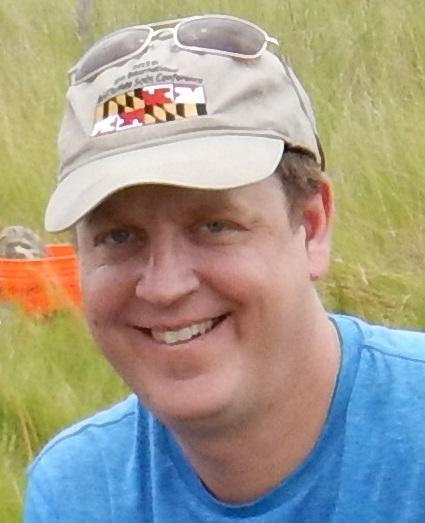Brian Needelman

Brian Needelman
Dr. Brian Needelman teaches and performs research in the fields of soil science, pedology, precision sustainable agriculture, coastal wetlands, and coastal resiliency. His research in precision sustainable agriculture focuses on the development of a geospatial decision support tool to estimate nitrogen contributions from cover crops, with a focus on using topographic analyses and digital soil mapping to understand subfield variability.
His coastal wetland research focuses on management and restoration practices to increase tidal marsh sustainability including studies on prescribed burns, accretion, and the restoration of ditch-drained marshes. He also conducts research on greenhouse gas emissions and accounting in coastal wetland systems including carbon sequestration and methane emissions. His coastal resiliency research focuses on the integration of natural and social science approaches to better understand and increase the resilience of coastal socio-ecological systems.
He is collaborating with a team of scientists to develop, publish, and implement the first modern soil survey of Israel. He is currently vice-chair of the International Union of Soil Sciences Working Group on International Soil Judging, the International Soil Judging Contest Coordinator for the Soil Science Society of America, and co-chair of the USDA-Natural Resources Conservation Service’s Ad-hoc Committee to Revise National Standards for Amending Soil Taxonomy.
Research Interests: Using pedology to solve socio-environmental problems; soil survey data and digital mapping to support sustainable agriculture; blue carbon dynamics in coastal wetland soils; climate change resilience in coastal socio-ecological systems; carbon sequestration and methane emissions; modern soil survey of Israel
Areas of Expertise: soil science; pedology; coastal wetland soils; climate change; greenhouse gas emission accounting; socio-ecological resilience; sustainable agriculture
